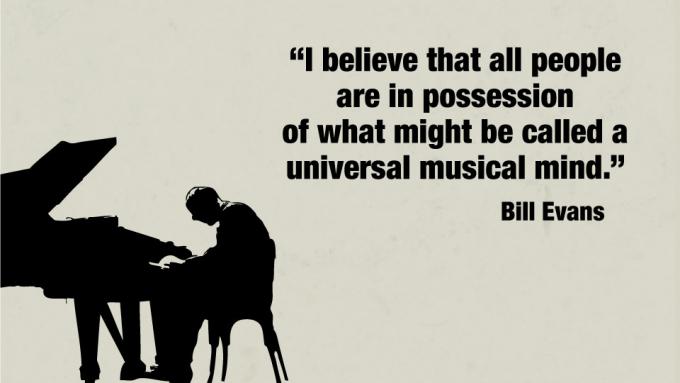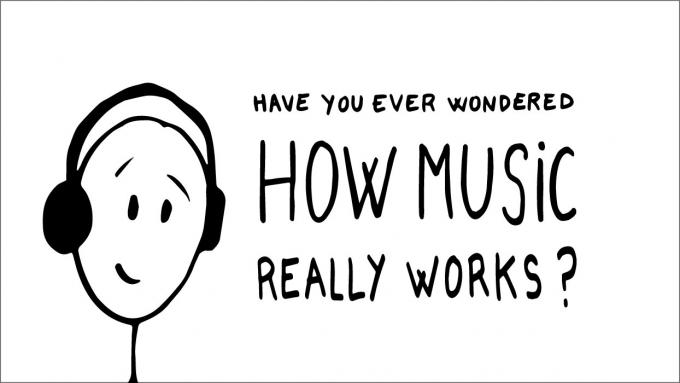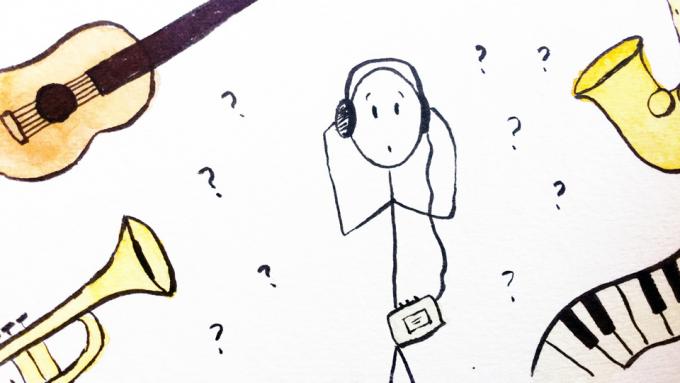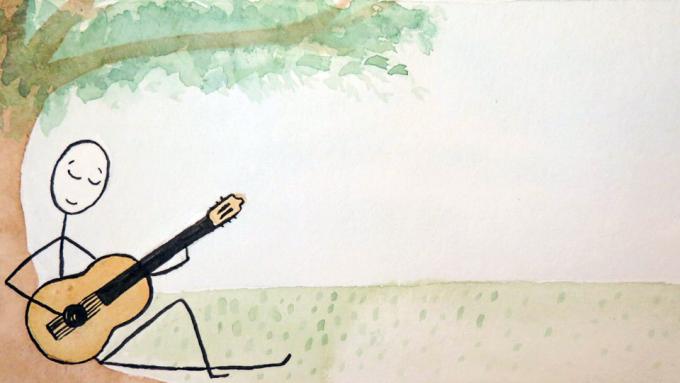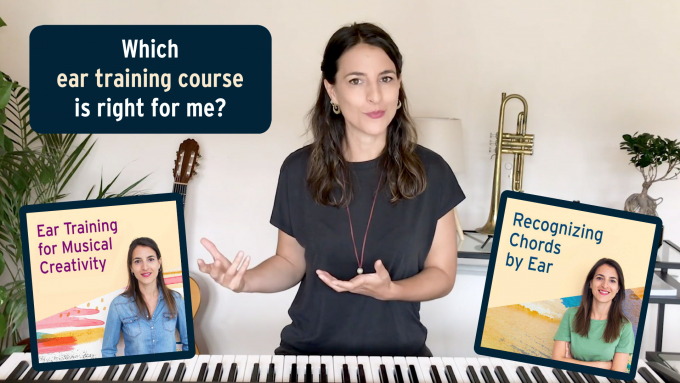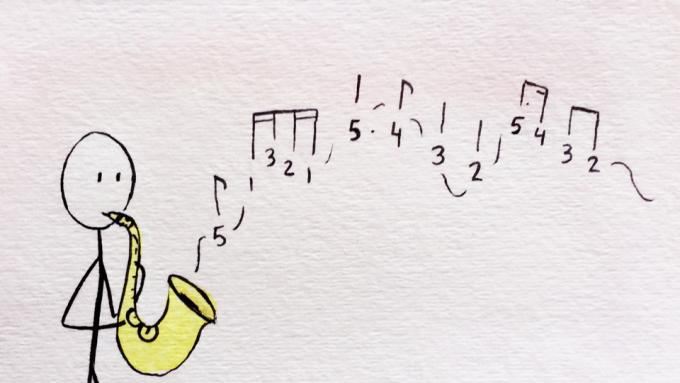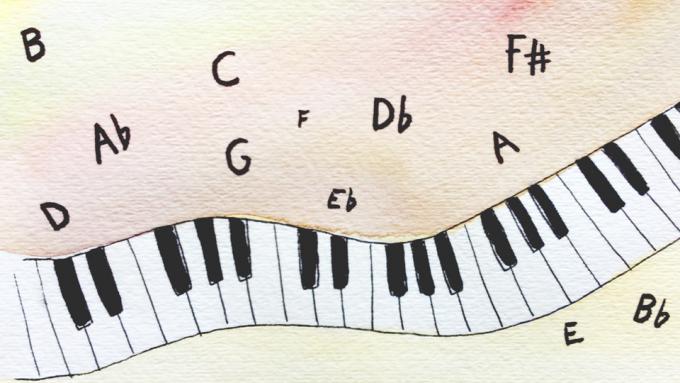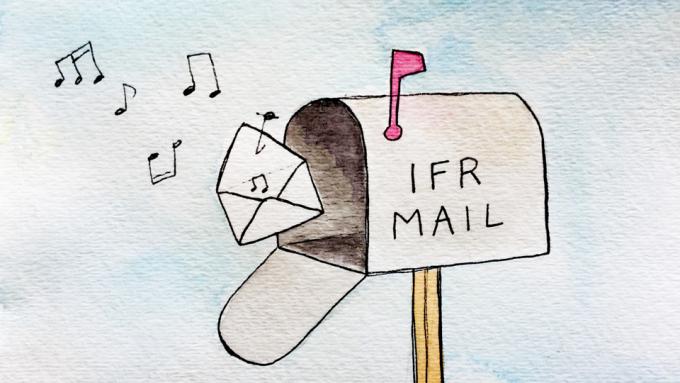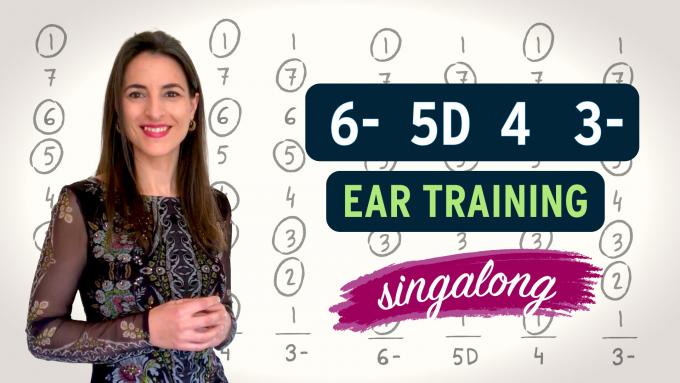Bill Evans was a visionary artist who made an enormous personal contribution to our modern concept of jazz piano. And yet at the same time, he believed that ALL human beings have an innate understanding of music.
This animated video for beginners teaches you the single most important key to understanding how all songs work. Whether your passion is improvising, composing or just playing the songs you love, this insight will help you see songs and chord progressions in a much simpler way.
I have tried many different methods of ear training. I have tried interval recognition apps, functional ear training and even a perfect pitch course. But I have yet to recognize a single note when listening to real music! Can you give me any guidance?
Enjoy this great jam in the 5th harmonic environment recorded at the iconic jazz club Robadors 23 in Barcelona, Spain.
Improvise for Real is now being used by both students and teachers in more than 20 countries. The method has been described as a totally different way to learn about music and improvisation. But what makes it so different?
"I love the IFR approach to ear training! I would like to purchase one of your ear training video courses, but how can I decide which course might be more appropriate for me: Ear Training for Musical Creativity 1 or Recognizing Chords by Ear? And can I take them both at once?"
Learning to think relative to the key of the music is the most important thing you can do to accelerate your music learning. This article explains four immediate benefits to your music practice from adopting the tonal point of view.
Is it better to start each improvisation exercise from a random note on our instrument? Or is it better to stay in one key until we've mastered it?
Stay inspired to reach your musical goals! Receive free video tutorials, harmony lessons, creative exercises, student Q&A and more.
In this video we will sing Melody Paths together across the chord progression 6-, 5D, 4, 3-. This progression goes down in scale degrees, using only natural chords from the major scale, so we are not introducing any notes or chords from outside the key.
